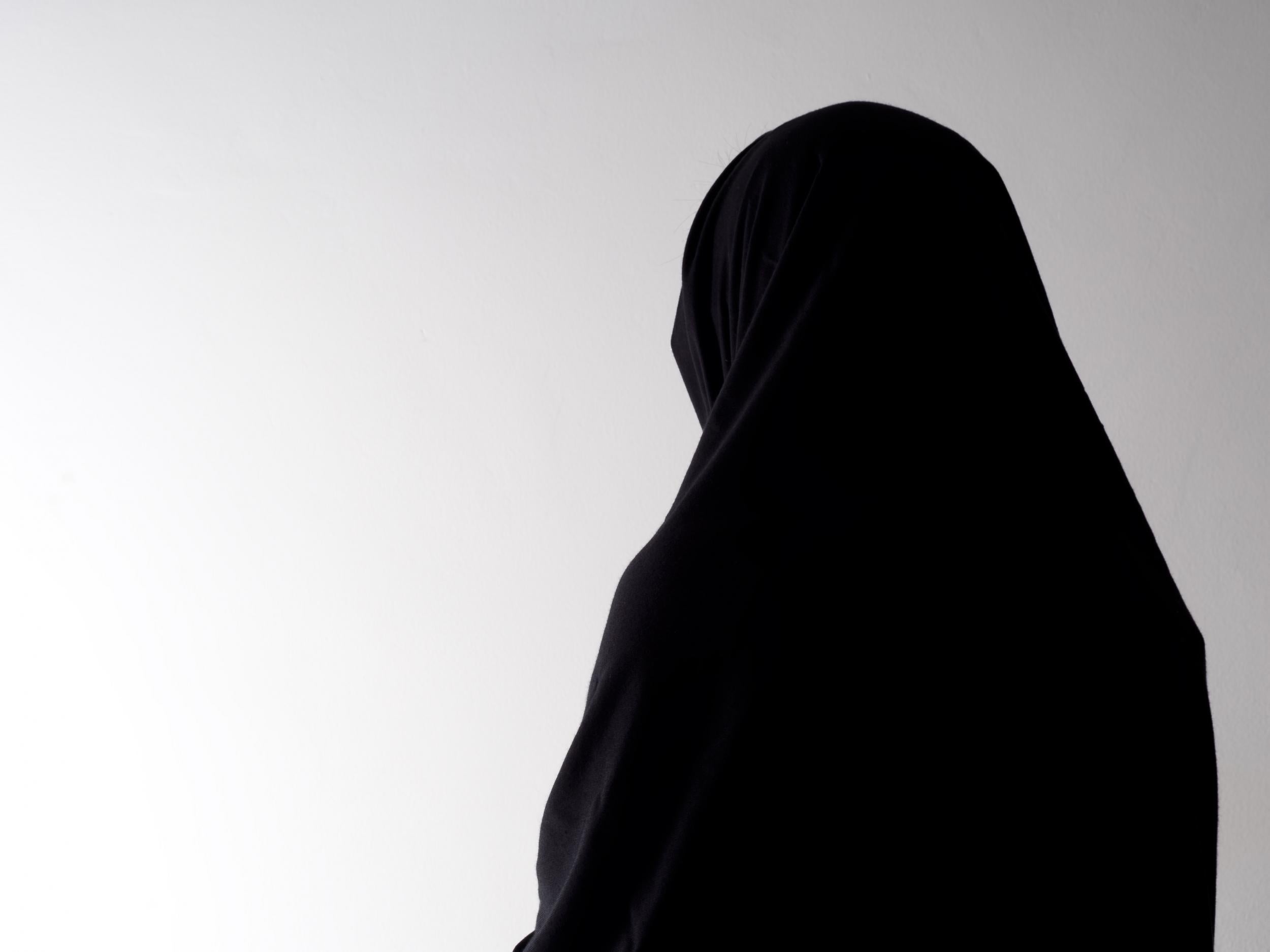Iran to blind woman accused of acid attack in retribution punishment
Supreme court makes ruling using principle of 'eye for an eye' under Islamic Sharia law

Your support helps us to tell the story
From reproductive rights to climate change to Big Tech, The Independent is on the ground when the story is developing. Whether it's investigating the financials of Elon Musk's pro-Trump PAC or producing our latest documentary, 'The A Word', which shines a light on the American women fighting for reproductive rights, we know how important it is to parse out the facts from the messaging.
At such a critical moment in US history, we need reporters on the ground. Your donation allows us to keep sending journalists to speak to both sides of the story.
The Independent is trusted by Americans across the entire political spectrum. And unlike many other quality news outlets, we choose not to lock Americans out of our reporting and analysis with paywalls. We believe quality journalism should be available to everyone, paid for by those who can afford it.
Your support makes all the difference.Iran's supreme court has ruled that a woman must be blinded in one eye as punishment for an acid attack that left her victim sightless, using the principle of “eye for an eye” of Islamic Sharia law, the semi-official Tasnim news agency reported on Thursday.
Under Iran's Sharia law, imposed since the 1979 Islamic revolution, qesas (retribution) is permitted in cases where bodily injuries are inflicted.
The convicted attacker, who was not identified, was found guilty of throwing acid in the face of her victim, identified as Sima, two years ago in the city of Dehdasht, Tasnim reported.
“The sentence to blindness in one eye, payment of blood money (compensation), and seven years imprisonment have been confirmed by the highest court,” Tasnim quoted head of judiciary Majid Karami in the province of Kohgiluyeh as saying.
Mr Karami did not say when the sentence was scheduled to be carried out. Victims and their families have the final say and can prevent the punishment from being imposed, under the law.
Activist Mohammad Surizad in Tehran told Reuters some activists had urged Sima's family to “show clemency and pardon the convicted woman".
Iranian officials, concerned about the increase in the rate of acid attacks, have endorsed retribution. However, the practise of carrying out an “eye for an eye” punishment is very rare in Iran.
Several acid attacks have been reported in Iran in the past few years. In 2011, an Iranian woman blinded with acid by her suitor after she spurned his marriage offers spared him hours before surgeons prepared to blind the man with acid.
Rights group Amnesty International have urged Iran not to inflict the punishment.
The concept of qesas also applies to other crimes in Iran, such as murder. A victim's family can demand the death of a convicted murderer or commute the sentence in return for financial compensation from the criminal.
Reuters
Join our commenting forum
Join thought-provoking conversations, follow other Independent readers and see their replies
Comments